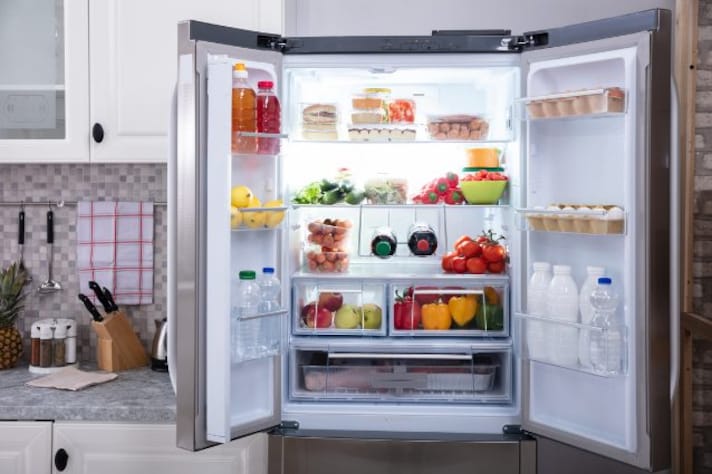Should You Unplug Your Refrigerator? Here’s What to Consider
Unplugging your refrigerator might seem like an easy way to save on energy costs, but it’s important to understand when and why you should or shouldn’t do it. Below, we explore the scenarios where unplugging a refrigerator is appropriate. By the end, you'll know how to make an informed decision about unplugging your refrigerator to ensure the safety of your food and the efficiency of your appliance.

Unplugging the refrigerator can be a tempting idea when trying to cut down on energy usage, especially if you're planning to be away from home for an extended period. However, the decision isn’t as straightforward as it might seem. Several factors need to be considered to ensure that you’re making the best choice for your appliance, your food, and your home.
When Is It Safe to Unplug Your Refrigerator?
There are situations where unplugging your refrigerator is not only safe but also practical. For example:
- Extended Vacations: If you’re planning to be away for several weeks or months, unplugging the refrigerator can save energy and prevent unnecessary wear on the appliance. Before doing so, make sure to empty the fridge and freezer, clean it thoroughly, and leave the doors slightly ajar to prevent mold and odors from developing.
- Seasonal Homes: For vacation homes or cabins that are only used seasonally, unplugging the refrigerator during off-seasons is advisable. Again, ensure the appliance is completely emptied, cleaned, and left open.
- Power Outages: In the event of a prolonged power outage, you may need to unplug your refrigerator to protect it from potential power surges when electricity is restored. This can prevent damage to the appliance’s compressor and other components.

When Should You Avoid Unplugging Your Refrigerator?
While there are times when unplugging makes sense, there are also situations where it’s best to keep your refrigerator plugged in:
- Short Absences: If you’re only going away for a few days or a week, it’s generally better to leave the refrigerator running. Modern refrigerators are designed to be energy-efficient, and the small amount of energy saved by unplugging it might not outweigh the inconvenience of emptying and cleaning the unit.
- Unstable Temperatures: If you live in an area where temperatures fluctuate greatly, unplugging the refrigerator might lead to issues when it’s time to restart it. Refrigerators need stable conditions to function properly, and frequent unplugging and replugging can strain the compressor.
- Shared Appliances: In a shared living situation, such as a dorm or shared apartment, unplugging the refrigerator without informing others can lead to spoiled food and conflicts. Ensure everyone is on the same page before making the decision to unplug.

Potential Risks of Unplugging Your Refrigerator
Unplugging your refrigerator might seem harmless, but there are potential risks involved. If you forget to properly empty the refrigerator before unplugging it, the food inside can spoil, leading to unpleasant odors and potential health risks when the fridge is replugged. Frequent unplugging and replugging can strain the refrigerator’s compressor, reducing its lifespan.
While you might save energy by unplugging, restarting a refrigerator can use a significant amount of power as it works to cool down to the desired temperature. This energy surge can negate some of the savings you hoped to achieve.
;Resize,width=767;)
;Resize,width=712;)


